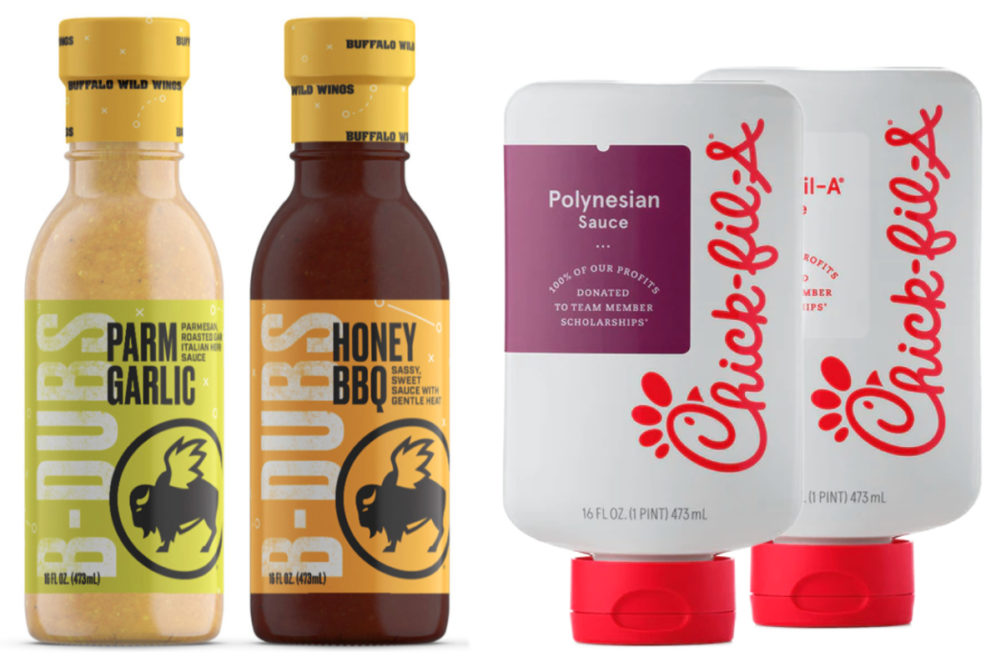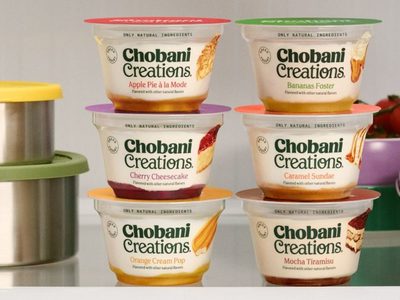WESTERVILLE, OHIO — Increased retail demand for frozen garlic bread, dinner rolls, shelf-stable dressings and sauces sold under license agreements helped to partially offset a slowdown in foodservice sales at Lancaster Colony Corp. in the third quarter.
In the three months ended March 31, Lancaster Colony net income was $22.43 million, equal to 82¢ per share on the common stock, down 27% from $30.6 million, or $1.11 per share, in the third quarter last year. Net sales were $321.36 million, up 1.1% from $317.88 million.
For the nine months ended March 31, net income totaled $106.6 million, or $3.88 per share, down 10% from $117.54 million, or $4.28 per share, in the same period a year ago. Net sales rose nearly 3% to $1.01 billion from $984.12 million.
Operating income in the company’s Retail unit increased 23% to $29.61 million in the third quarter, while sales spiked 11% to $169.41 million.
“Retail net sales benefited from higher demand as the COVID-19 outbreak led to increased consumer demand that built upon solid base business performance,” David A. Ciesinski, president and chief executive officer, said during a May 5 conference call with analysts. “Third-quarter sales also benefited from new product offerings, including Buffalo Wild Wings sauces in single bottles and a promising start for regional pilot of Chick-fil-A sauces that we are supplying to grocery stores. Both Buffalo Wild Wings and Chick-fil-A sauce are sold under exclusive license agreements.
“Separately, sales trends for our New York Bakery frozen garlic bread products remained favorable as the brand continued to gain share. Olive Garden dressings posted share gains for the quarter, and our Sister Schubert’s brand of frozen dinner rolls achieved significant sales growth in the quarter as well. It’s notable that prior to the impact of COVID-19, our quarter-to-date retail sales were up about 4% due to the contributions from our new product introductions and growth from our core retail business.”
Meanwhile, in the company’s Foodservice segment, operating income plummeted 46% to $9.19 million from $17.12 million. Sales fell 8% to $151.95 million.
“Foodservice channel demand was adversely impacted by COVID-19 beginning in mid-March as restaurant dine-in purchases were eliminated, and consumer purchase options were limited to carryout, delivery and drive-thru,” Mr. Ciesinski said. “These service restrictions in the foodservice industry, combined with the stay-at-home orders, led to reduced consumer demand and lower sales for our Foodservice segment.”
Thomas K. Pigott, vice president, assistant secretary and chief financial officer, said Lancaster expects capital expenditures in fiscal 2020 to total approximately $90 million. He said the company’s year-to-date payments for property additions of $72 million include investments to the recently completed capacity expansion project at its frozen dinner roll facility in Horse Cave, Ky., and the purchase of the Omni Baking facility that was previously leased.
Meanwhile, Mr. Ciesinski said that plans for a major capacity expansion project at one of its dressing facilities have been put on hold.
“Based on the impact of COVID-19 and related near-term uncertainties, we have decided to cancel this project,” he said. “We will continue to invest in capacity as required to support the growth of our business. However, we felt it was prudent to hold this project until we had a better feel for the near- and intermediate-term outlook.”




